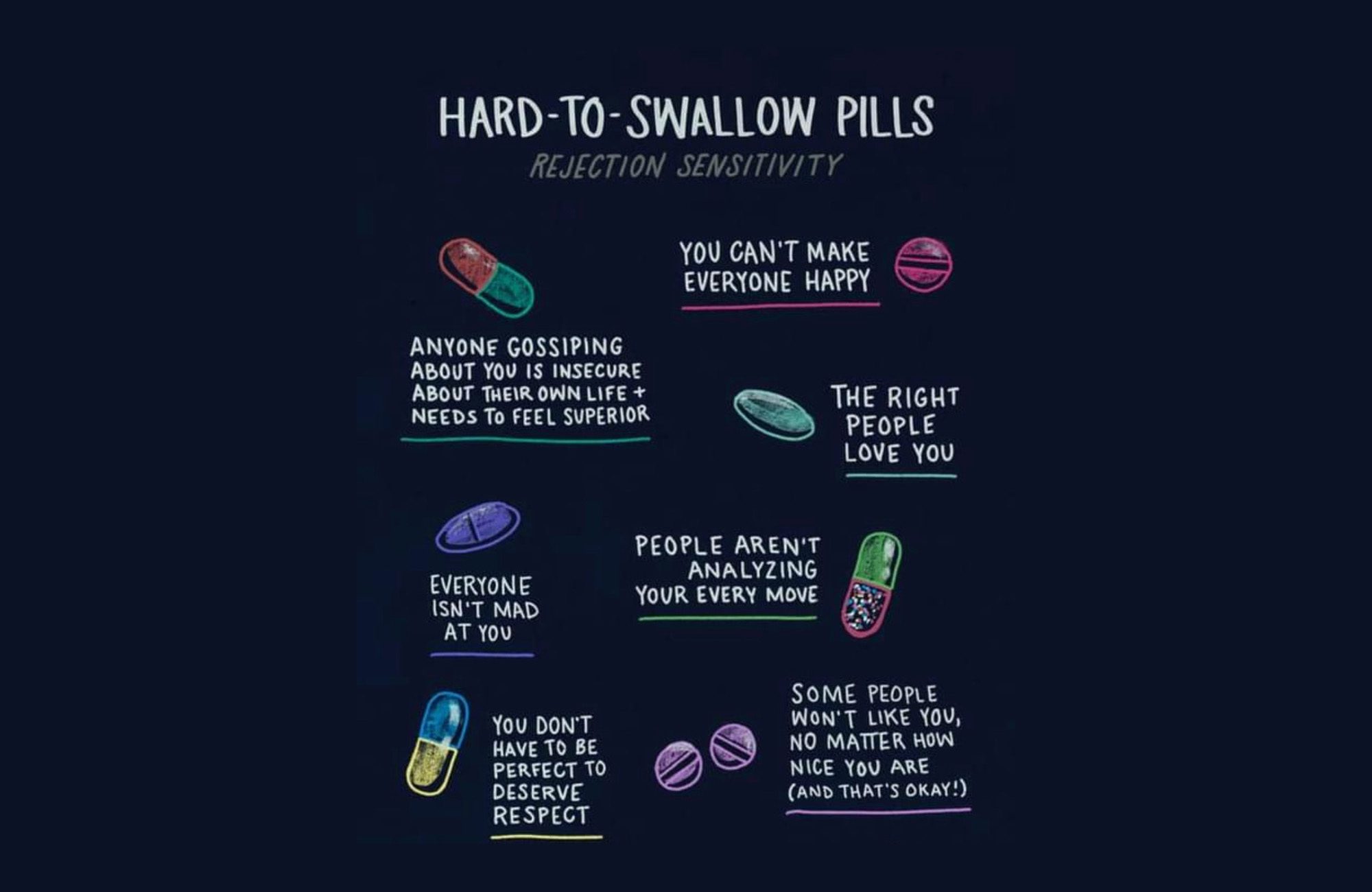
How to face and deal with setbacks
Setbacks are an inevitable part of life, however research shows us that the way we respond to a setback has a huge impact on how quickly we overcome it.
Whether you’re facing a business or investment that isn’t performing as expected, you missed out on a promotion or job, or a relationship didn’t work out, how you react is crucial.
This also applies to smaller setbacks that are becoming more common due to the increasing pace of society and digital communications including social media, SMS and online dating.
In fact setbacks activate the same regions of the brain as physical pain, according to widely accepted and published research. To make matters worse, social pain lasts longer as we are more easily able to relive and re-experience it than we are physical pain.
However, this has formed a critical role in our evolutionary past. If we were evicted from our tribe it probably meant death, so those who were attuned to that were more likely to correct their behaviour and remain in the tribe.
While this logic remains true today, in the modern world this model may undermine your ability to thrive. To help, we have outlined some clinically proven strategies for dealing with and overcoming setbacks.
Get back on the horse:
This may seem clichéd however a setback can lead to a vicious cycle as you seek to avoid the situation that lead to the pain of the initial setback.
Whether you faced a setback applying for a new job, going on a date or starting a business, it can cause us to withdraw and stick to what is safe. However “playing it safe” can serve to exacerbate social isolation, loneliness and feelings of failure, and further contribute to feelings of failure.
Be aware of your emotions:
Your ability to identify, distinguish and describe your emotions – known as emotional differentiation – has been proven to help you better deal with them, according to a 2015 research review.
“People with greater emotion-differentiation skills appear to show greater [calmness and composure] when confronted with the pain of rejection,” the study authors say.
There are a number of other mental health benefits associated with strong skills in emotional differentiation and the good news is it can be practiced and learned.
See the opportunity:
It is important to view a setback as an opportunity rather than a failure because it will lead us to new things.
Relationship research by Stanford University has found that people who view a breakup as an opportunity to grow and improve will recover far more quickly than those who view it as revealing an unchangeable defect in themselves.
What’s more, the “fixed view” personality will continue to be haunted by the relationship breakdown for years to come, while the “growth-oriented view” is likely to move on much more quickly.
Reflect, Reboot Reject:
Prominent humanist and researcher, Elaine Dundon, reviewed the common traits of those who deal with a setback and identified three common steps:
- Reflect on why the setback happened: Was it you. Your idea. Communication. Timing. Resource or money issue? Or a global pandemic?
- Reboot and start again by trying a different approach. “The mistake many people make is that they use the same approach over and over again, the one that has just failed,” Dundon says in her Ted Talk (below).
- Reject that the setback is a failure. If there is no foreseeable way to make your idea work and anything you say or do will not change the outcome, then it is time to move on. Do not see it as a failure. Do not beat yourself up. Take what you have learned and use it to improve.
Other important strategies for dealing with rejection include:
- Practice self-compassion. Be kind to yourself and limit negative self-talk
- Maintain pespective and look at the positives
- Get enough sleep and exercise
- Eat well and avoid drugs and alcohol
- Practice meditation and mindfulness
“An arrow can only be shot by pulling it backward. So when life is dragging you back with difficulties, it means that it’s going to launch you into something great. So just focus, and keep aiming.”